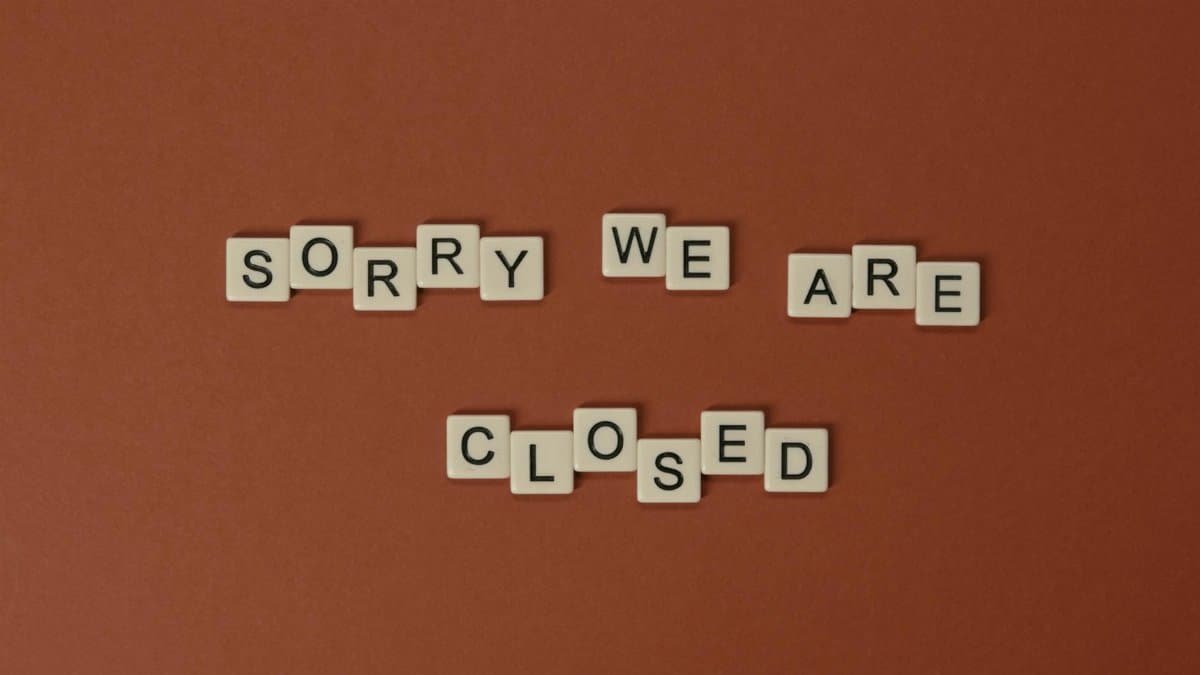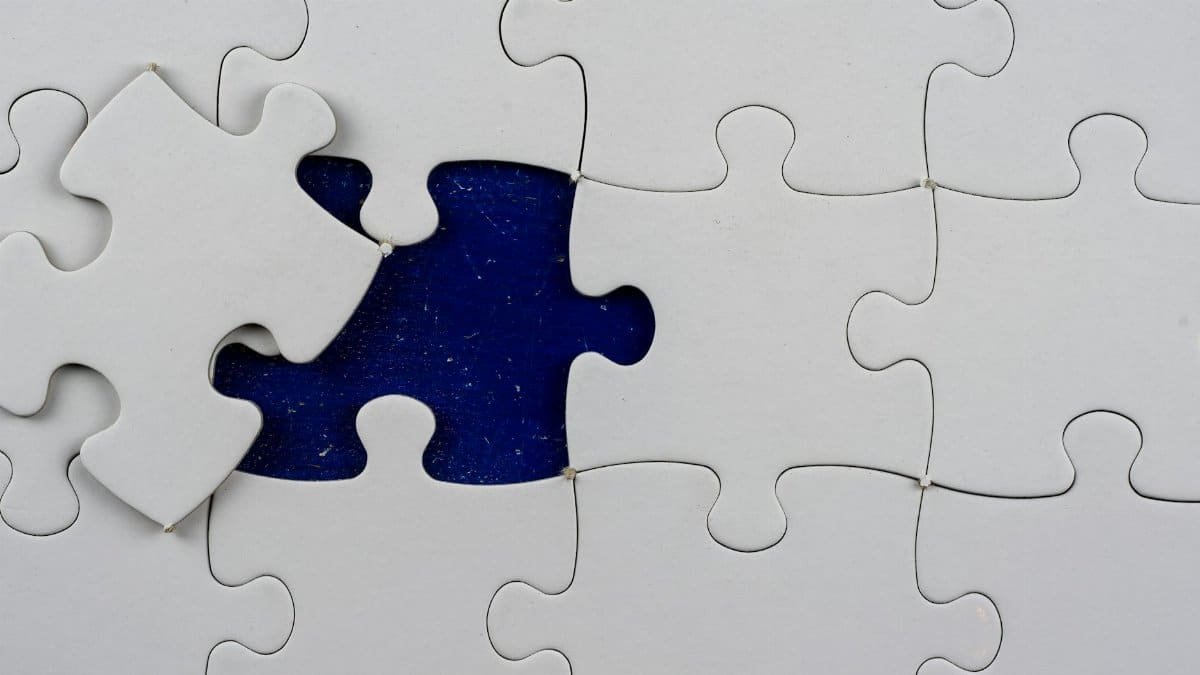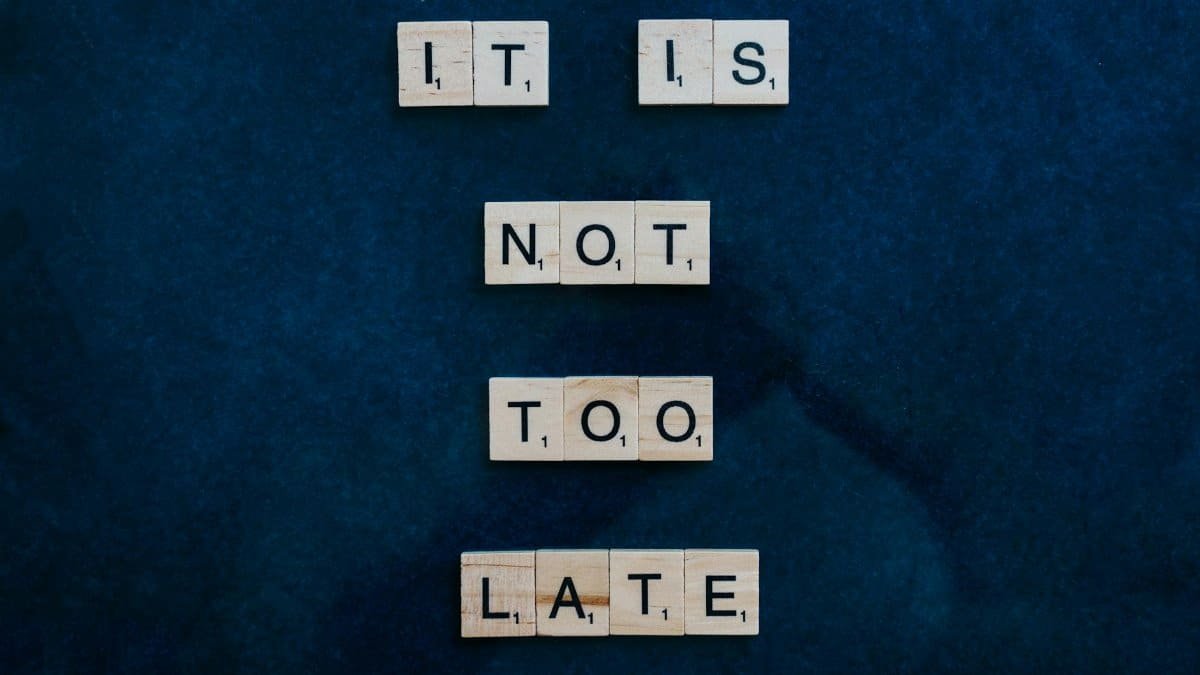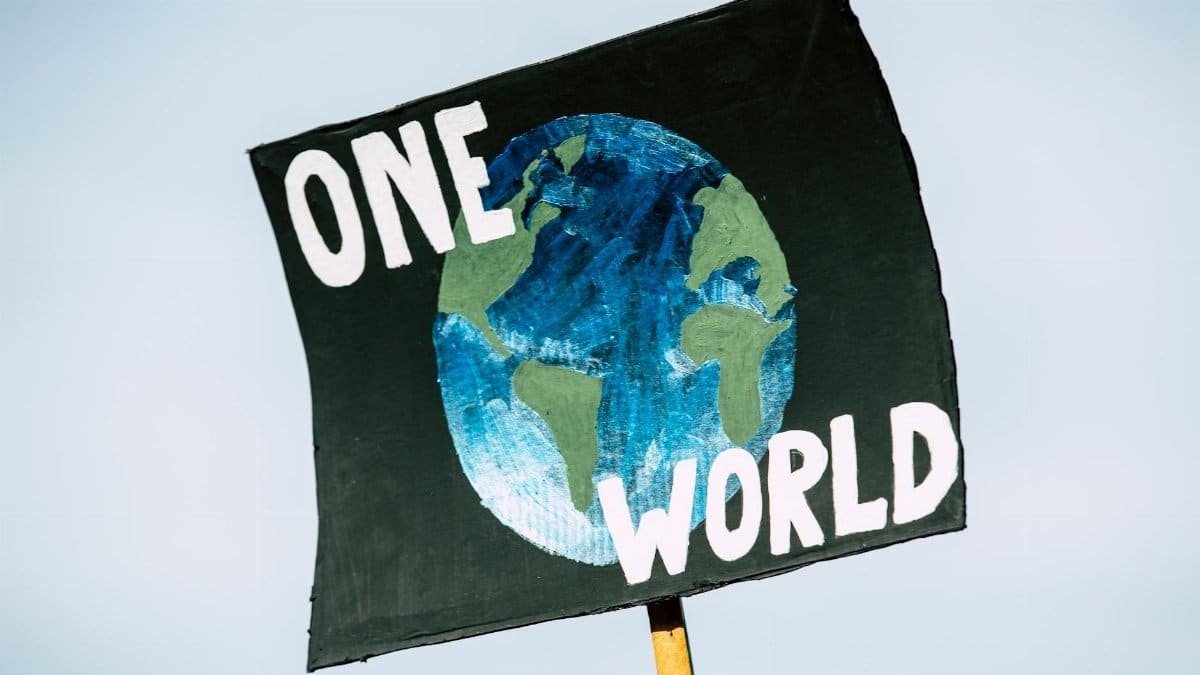When Sarah K. offered a heartfelt “sorry” to her estranged friend, she expected reconciliation. Instead, the rift deepened, leaving her puzzled and hurt. Her story mirrors countless others grappling with why apologies fail healing in relationships. A simple apology often falls short, unable to mend emotional wounds or restore trust. As conflicts rise in personal and professional spheres, understanding this disconnect is crucial. This article uncovers the hidden reasons behind ineffective apologies and offers actionable steps to rebuild bonds in 2025 and beyond.
The Surface-Level Sorry: Why Words Alone Don’t Cut It

Many apologies are little more than lip service. Saying “I’m sorry” without deeper intent often feels hollow to the recipient. Research from the University of Michigan shows that superficial apologies can worsen resentment, as they fail to address the root pain.University of Michigan Study highlights that genuine remorse must be paired with accountability. Without it, the words lack weight, leaving the hurt party feeling dismissed or manipulated.
Lack of Specificity: Missing the Real Issue

A vague apology is a failed one. When someone says, “Sorry if I upset you,” it sidesteps the specific wrongdoing. This dodge frustrates recipients who crave acknowledgment of the exact hurt. Experts note that pinpointing the issue—like saying, “I’m sorry for ignoring your feelings during our argument”—shows true understanding. Without this clarity, apologies fail to spark healing, as the injured party feels unseen.
Timing Matters: Too Late or Too Soon

An apology’s timing can make or break its impact. Delivered too soon, it may seem rushed and insincere. Too late, and the wound has festered, making forgiveness harder. A 2023 study by Pew Research found that delayed apologies are 30% less likely to be accepted.Pew Research Report underscores that striking the right moment—after reflection but before resentment solidifies—is key to mending ties.
Defensiveness Undermines Intent

Ever heard an apology followed by “but”? As in, “I’m sorry, but you overreacted.” That’s a non-apology. Defensiveness shifts blame and invalidates the other person’s feelings. Relationship therapists warn that such qualifiers erase trust. A true apology owns the mistake without excuses. Dropping the “but” signals accountability, a critical step often missing when apologies fail healing.
No Action, No Change: The Follow-Through Gap

Words mean little without behavior change. If someone apologizes for snapping at a partner but repeats the behavior days later, trust erodes further. Action—whether it’s active listening or adjusting habits—proves sincerity. Without it, the apology becomes a broken promise, deepening the divide. Data shows consistent follow-through increases forgiveness rates by over 40%, a vital factor for lasting reconciliation.
Cultural and Personal Disconnects

Not everyone receives apologies the same way. Cultural backgrounds and personal values shape how “sorry” lands. For some, a public apology feels humiliating; for others, it’s essential. Misreading these cues can derail healing. In diverse U.S. communities, especially in 2025’s evolving social landscape, understanding these differences is non-negotiable. Tailoring an apology to the recipient’s needs—rather than a one-size-fits-all approach—can bridge gaps that words alone can’t.
Emotional Disconnect: Failing to Feel the Pain

An apology without empathy is just noise. If the apologizer doesn’t grasp or convey the hurt caused, the gesture feels empty. Therapists stress that connecting emotionally—showing you feel the impact of your actions—builds a pathway to forgiveness. Without this, the recipient senses a lack of care, a core reason why apologies fail healing in many cases.
How to Heal: Steps Beyond “Sorry”

Healing starts with more than words. First, acknowledge the specific harm done, no sugarcoating. Second, listen—let the other person vent without interruption. Third, commit to change and show it through actions, not promises. Finally, give space for forgiveness; it’s not instant. These steps, grounded in accountability and empathy, rebuild trust where empty apologies fall short. As relationship conflicts spike in today’s fast-paced world, mastering this process is essential.
